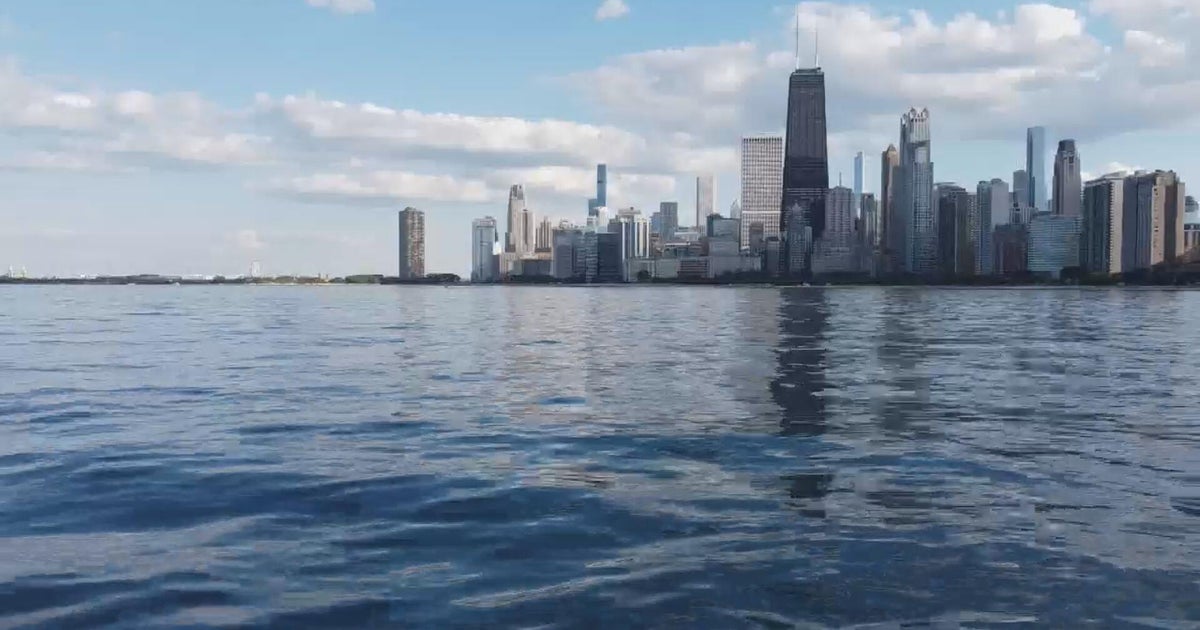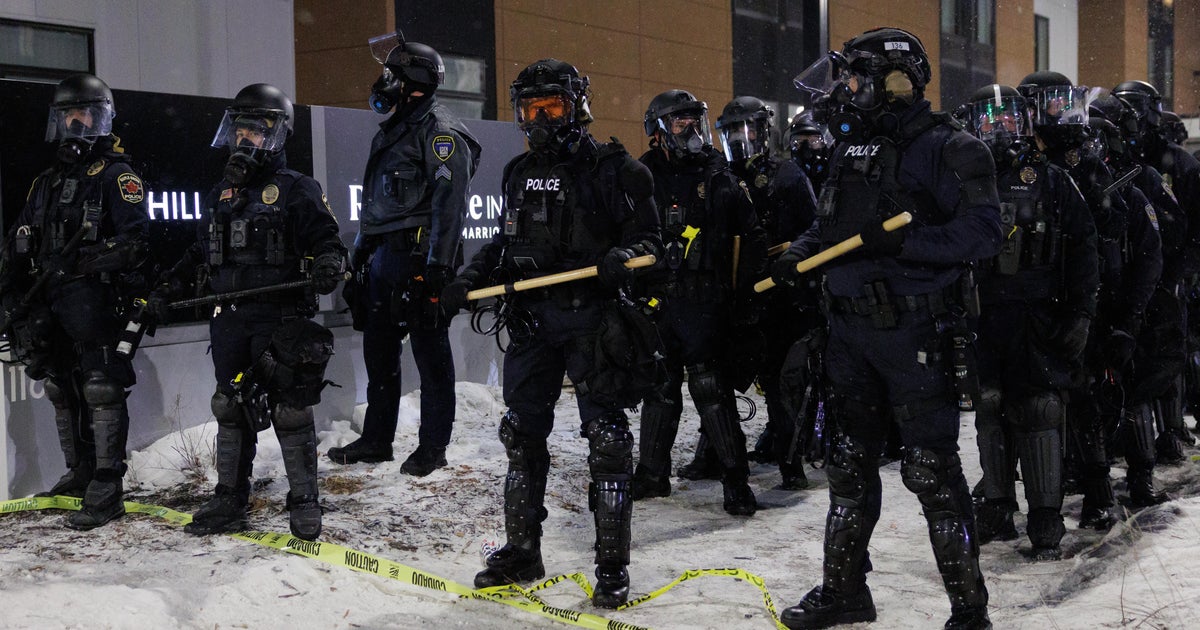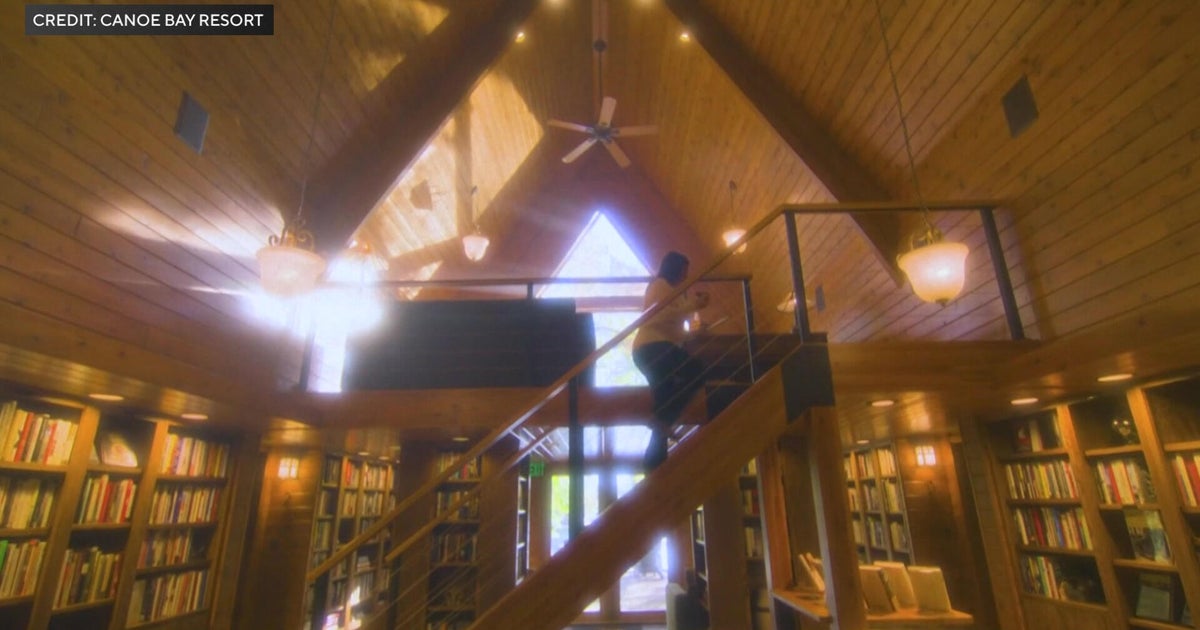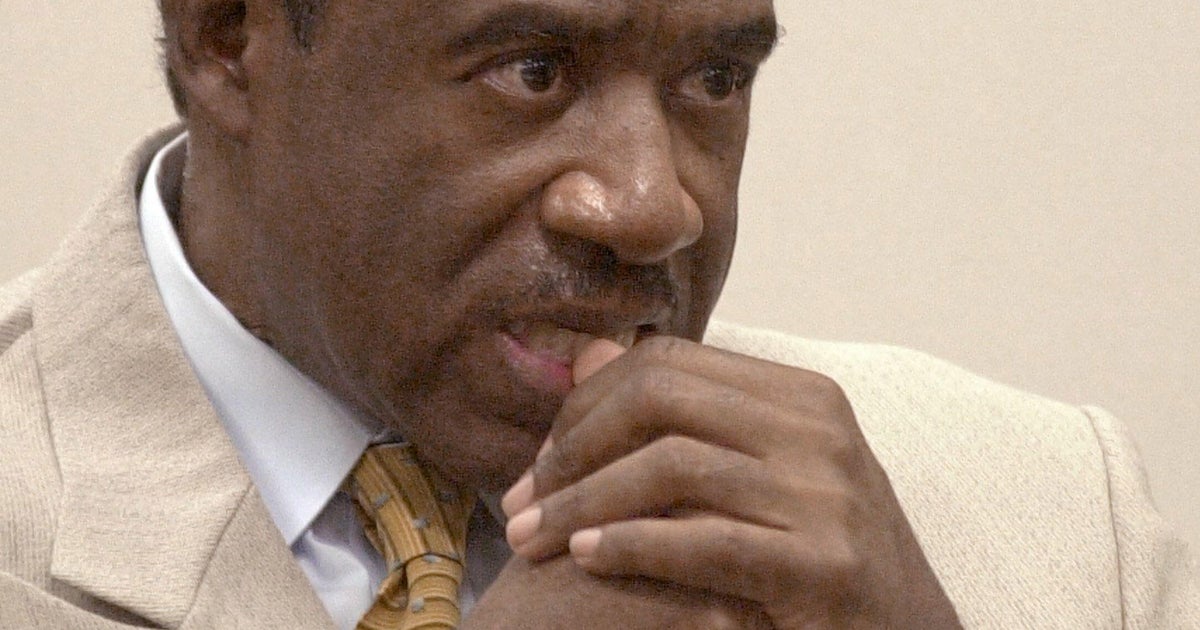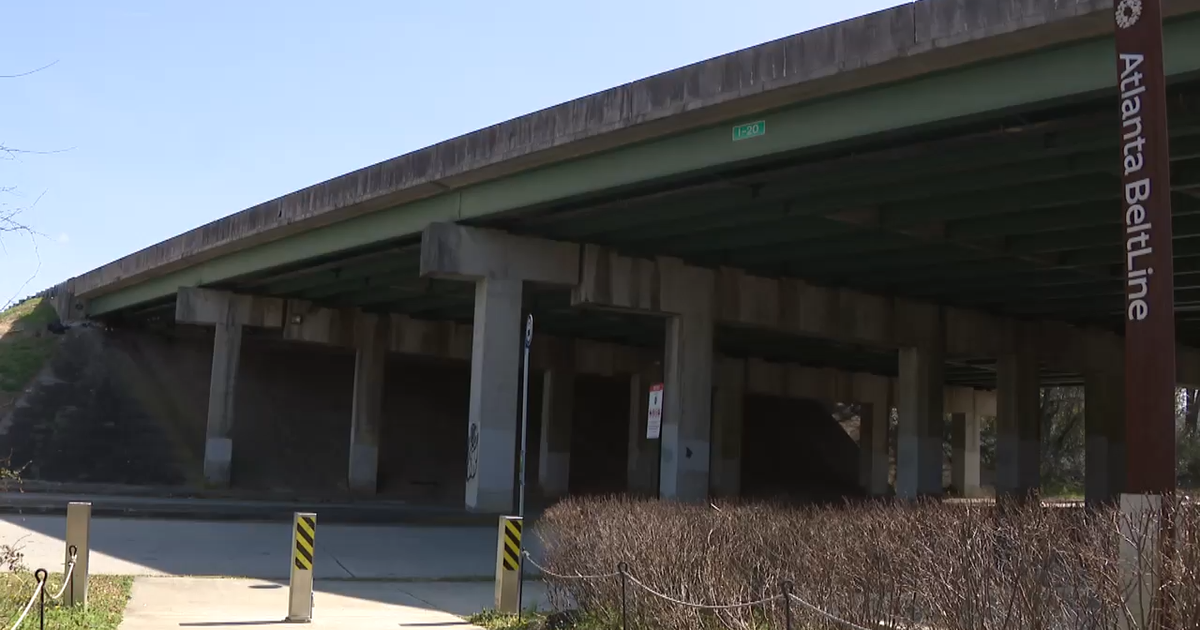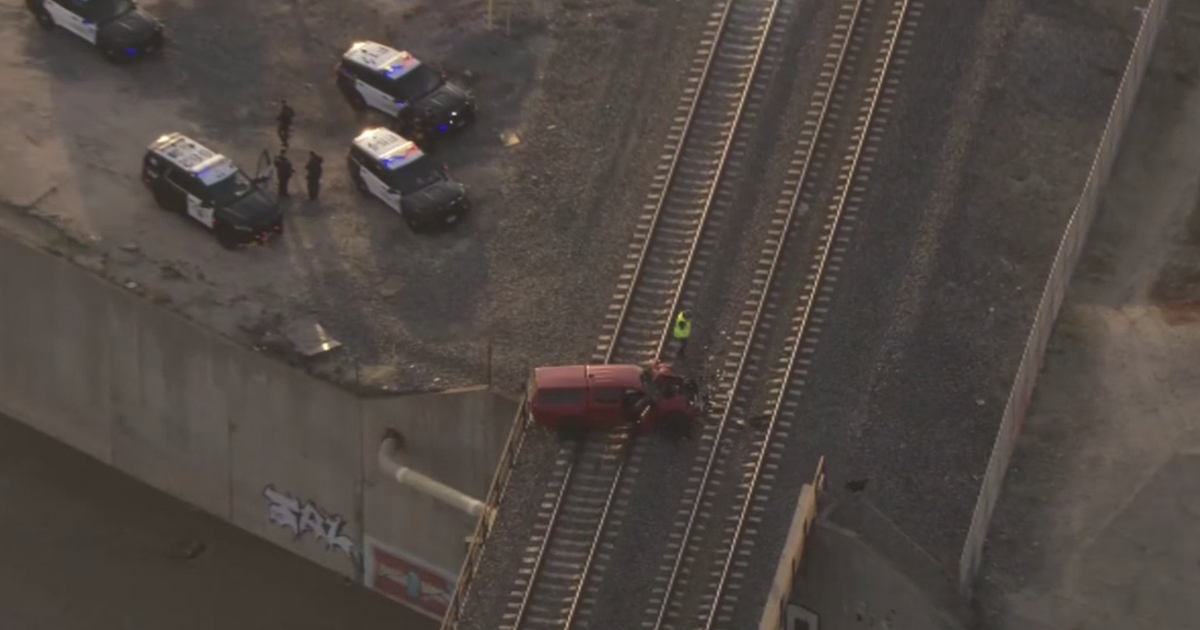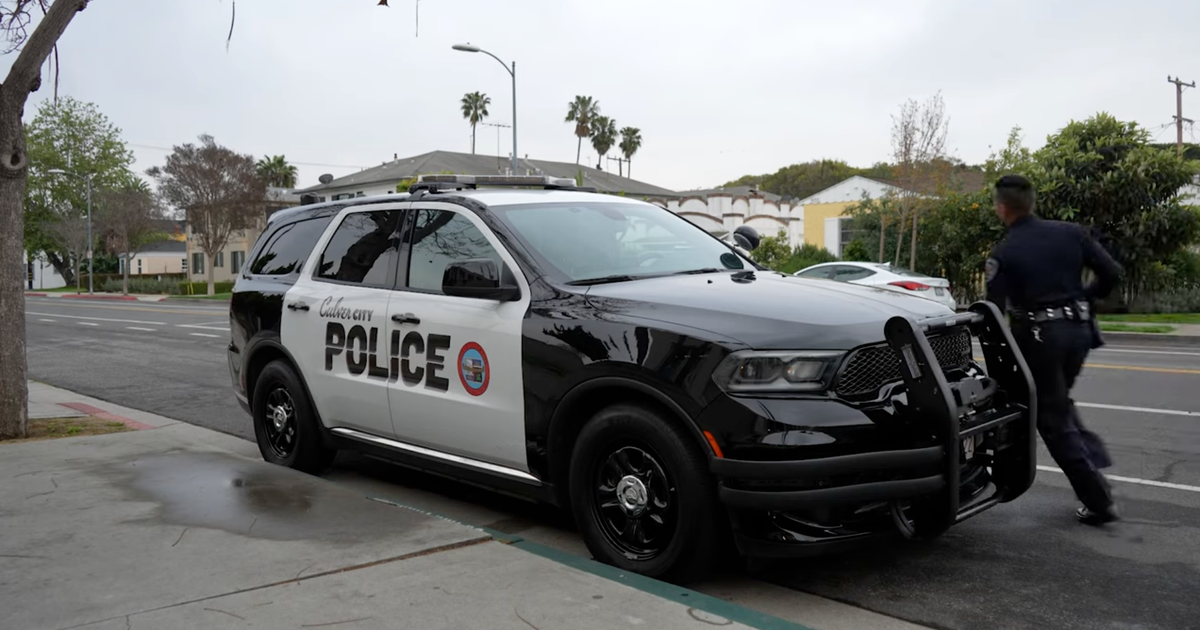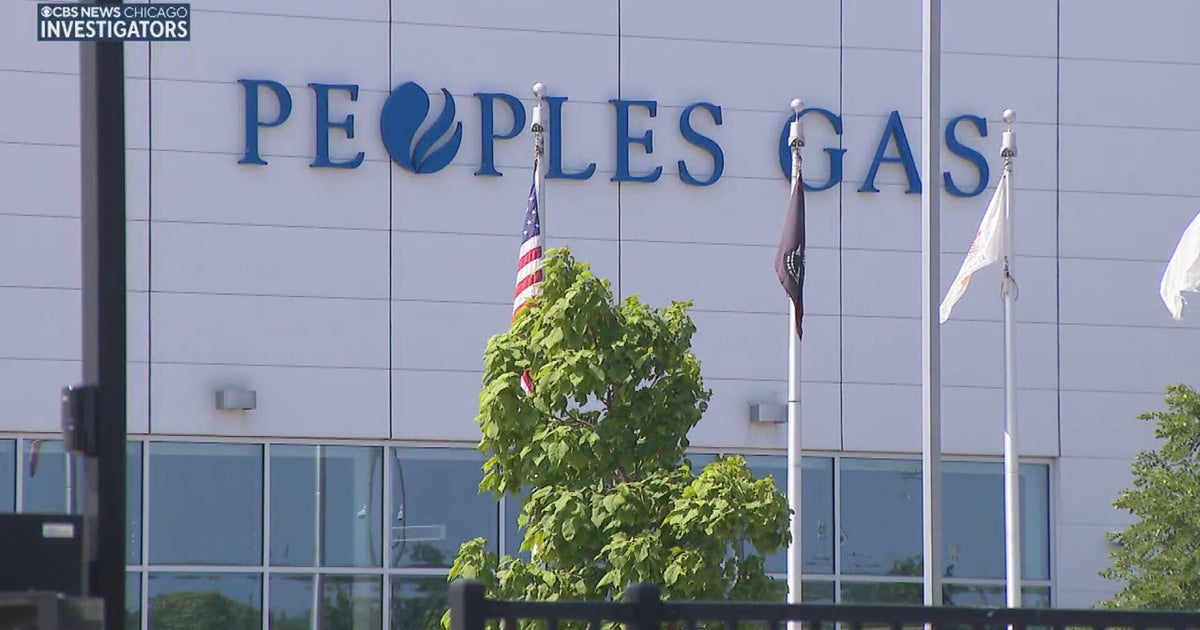Good Question: Why Is Jobless Gap By Race So Bad In MN?
MINNEAPOLIS (WCCO) -- In the Twin Cities, we're used to being on top of lists about quality of life, online connectivity, and physical fitness. But Wednesday's headline in the Minneapolis Star Tribune screamed: "Our Black-White Jobless Gap: WORST IN THE NATION." Why?
According to a new report from the Economic Policy Institute, the unemployment rate for Whites in the Twin Cities metro area is 6.6 percent, but for blacks it is 20.4 percent, a gap of 13.8 percent.
"That's unacceptable," said Olajuwa Green. "We live here too."
The Twin Cities ranks worse than Memphis, Atlanta, and Houston.
"The gap feels real for us at the Minneapolis Urban League," said Scott Gray, CEO of the Urban League, where job training and opening a "gateway to opportunity" is the prime focus.
Isolating why this problem exists, however, is a challenge, because the issues are so intertwined, he said.
"This is a highly skilled, educated community; jobs are positioned around that. And you have to have the credentials to get those jobs," he explained, pointing to the primary problem, the education gap.
Eighty-one percent of white students graduate high school here, according to the Wilder Foundation, compared to just 43 percent of black students. According to the Children's Defense Fund, 86 percent of African-American fourth graders are not reading at grade level.
"We have to get employment, but first we have to get people employable," said Jariland Spence, founder of the Prayer Center on Minneapolis' north side.
"A lot of the people I deal with don't have a GED. They don't even have a drivers' license. And many of them have a criminal background," she said.
Among them are people like Warren Williams, a 41-year Minneapolis resident who said he's done prison time, and said it's made it harder for him to find a job.
"Of course it has," he said. "I got my GED at 38, now all I want is a person or company to give me an opportunity."
But the relatively small size of the Twin Cities' black community coupled with a lack of blacks in key hiring positions in the Twin Cities is also a big issue, especially when it comes to getting entry level jobs.
In this economy, so many jobs go to people with personal connections to those making the hiring decisions, according to Gray.
"If you don't have the relationships, you feel blocked out, which is as bad as racism. You feel blocked out from the opportunities," he said.
All those WCCO-TV spoke with talked about the issue of racism, but they didn't blame the problem on prejudice. Rather a combination of a lack of education, a lack of dedication, and the challenges in hiring.
"We've got to get CEOs to the table, and people who come to the doors to the table, and get them to realize that this economy is asking more of them," said Gray.
Green, who said he's lucky to be in the 80 percent of the black community that is employed, said more simply, "Honestly, the black community needs to go out and look harder to find a job."
